Floods are some of the most common and expensive natural disasters, resulting in substantial human suffering and economic loss. They can wreak havoc on homes and communities, causing extensive damage and, in the worst cases, loss of life. Therefore, understanding the different types of floods is crucial.
There are three common types of floods
- Fluvial floods, also known as river floods.
- Pluvial or flash floods
- Coastal floods, also called storm surges
Each type of flood occurs and is forecasted differently. The impacts of each type are also different, requiring specific actions to minimize or avoid damage.
1. Fluvial Floods (River Floods) | Types of Floods
A fluvial or river flood occurs when the water level in a river, lake, or stream rises and overflows onto the surrounding land. These floods pose a significant threat to homeowners living near rivers and low-lying areas.
People Also Read : Cost of Water Damage in Texas
Causes of Fluvial Floods
- Heavy Rainfall: Prolonged and intense rainfall over a river basin can cause rivers to swell and overflow. This is particularly common during the rainy season.
- Snowmelt: In regions where snow accumulates during winter, melting snow in spring can contribute to riverine flooding.
- Dam Release: The release of water from dams, either intentionally or due to structural failure, can lead to riverine flooding.
- Deforestation: The removal of trees and vegetation in a river basin reduces the land’s ability to absorb rainfall, increasing runoff into rivers.
Impacts
- Agricultural Damage: Floodwaters can inundate farmlands, destroying crops and livestock, and affecting food security and farmers’ livelihoods.
- Infrastructure Damage: Roads, bridges, and buildings can be damaged or destroyed by riverine floods, disrupting transportation and communication networks.
- Health Risks: Stagnant floodwaters can become breeding grounds for disease-carrying mosquitoes, increasing the risk of malaria and other waterborne diseases.
2. Pluvial Floods | Types of Floods
Pluvial floods, also known as surface or flash floods, occur when the local drainage system cannot handle rainfall, leading to water pooling in low-lying areas. These floods result from heavy rain exceeding the drainage capacity of the soil or urban infrastructure.
Types of Pluvial Floods
- Surface Water Floods: Occur when an urban drainage system is overwhelmed, causing water to flow into streets and nearby structures. This type of flooding develops gradually, usually resulting in shallow water levels, which may cause significant economic damage but poses no immediate threat to lives.
- Flash Floods: Characterized by intense, high-velocity torrents of water triggered by torrential rain falling within a short period or a sudden release of water from an upstream levee or dam. These floods are dangerous and destructive due to the force of the water and the debris carried by the flow.
Causes of Pluvial Floods
- Intense Rainfall: Short bursts of heavy rainfall can overwhelm drainage systems and natural waterways, leading to rapid flooding.
- Urbanization: The expansion of cities and towns without adequate drainage planning increases the risk of flash floods. Impermeable surfaces like concrete and asphalt prevent rainwater from being absorbed into the ground, causing rapid runoff.
- Dam or Levee Failure: Sudden breaches in dams or levees can release large volumes of water rapidly, causing flash floods downstream.
Impacts
- Erosion: Damages fertile lands and impacts agriculture.
- Property Damage: Flash floods can destroy homes, vehicles, and personal belongings within minutes.
- Infrastructure Disruption: Roads and bridges can be washed away, hindering emergency response efforts and isolating affected communities.
- Loss of Life: In severe cases, flash floods can lead to fatalities.
3. Coastal Floods | Types of Floods
Coastal floods pose a significant threat to homeowners residing near the sea or ocean. This type of flooding is associated with extreme high tides or storm surges, usually caused by severe weather conditions like hurricanes. Coastal floods can lead to substantial property damage and pose serious threats to the safety of coastal communities.
Causes of Coastal Floods
- High Tides: The regular ebb and flow of tides can result in minor coastal flooding, known as “nuisance flooding,” especially during astronomical high tides.
- Storm Surges: When powerful storms like hurricanes approach the coast, they create rising water levels, known as a storm surge, which is a formidable force behind coastal flooding.
- Hurricanes: The convergence of high winds, heavy rainfall, and low-pressure systems in hurricanes can lead to catastrophic coastal flooding, posing grave risks to communities along the coastline.
Impacts
- Infrastructure Damage: Coastal floods can damage ports, harbors, and coastal infrastructure, affecting trade and transportation.
- Saltwater Intrusion: Floodwaters can contaminate freshwater supplies with saltwater, impacting drinking water and agriculture.
- Economic Losses: Coastal flooding can disrupt tourism and fishing industries, which are vital to the economies of many coastal communities.
- Environmental Damage: Coastal ecosystems such as mangroves, coral reefs, and wetlands can be severely affected by saltwater inundation.
Conclusion
Floods present a major threat in Texas, with riverine, flash, and coastal floods each posing unique challenges. Understanding the different types of floods, their causes, and their impacts is essential for creating effective mitigation strategies. By investing in early warning systems, enhancing infrastructure, and promoting sustainable land and water management practices, it can better safeguard its residents and resources from the devastating effects of floods.
Why Choose PuroClean of Rockwall for Your Flood Damage Needs
When faced with flood damage and potential mold growth, choosing the right restoration company is crucial. Here’s why Puroclean of Rockwall stands out as your trusted partner:
- Local Expertise: We are a locally owned and operated company with extensive experience serving MontgomeryCounty and surrounding areas. We understand the unique challenges associated with water damage in our region, from seasonal weather patterns to specific building materials commonly used in our communities.
- Fast Response & 24/7 Availability: Water damage emergencies don’t wait for convenient hours. We offer 24/7 emergency response to minimize further damage and get the restoration process started swiftly. Our prompt response time ensures your property suffers less and recovers faster.
- Highly Trained & Certified Technicians: Our team comprises certified and highly trained water damage restoration technicians. They possess the necessary skills and knowledge to assess the situation effectively, develop a customized remediation plan, and execute the job efficiently and safely.
- Advanced Equipment & Technology: We invest in cutting-edge technology and equipment to ensure a thorough and efficient remediation process. This includes advanced drying equipment, industrial-grade dehumidifiers, and state-of-the-art mold detection tools.
- Insurance Navigation & Hassle-Free Claims: We understand the complexities of insurance claims. Our team will work directly with your insurance company to streamline the claims process and ensure you receive the maximum coverage for your restoration needs.
- Open Communication & Transparency: We believe in clear communication throughout the remediation process. Our team will keep you informed of every step, answer your questions promptly, and address any concerns you may have.
- Commitment to Customer Satisfaction: Your satisfaction is our top priority. We are dedicated to exceeding your expectations by providing exceptional service, high-quality workmanship, and a commitment to restoring your property to its pre-damage condition.
Protect Your Investment & Restore Your Peace of Mind
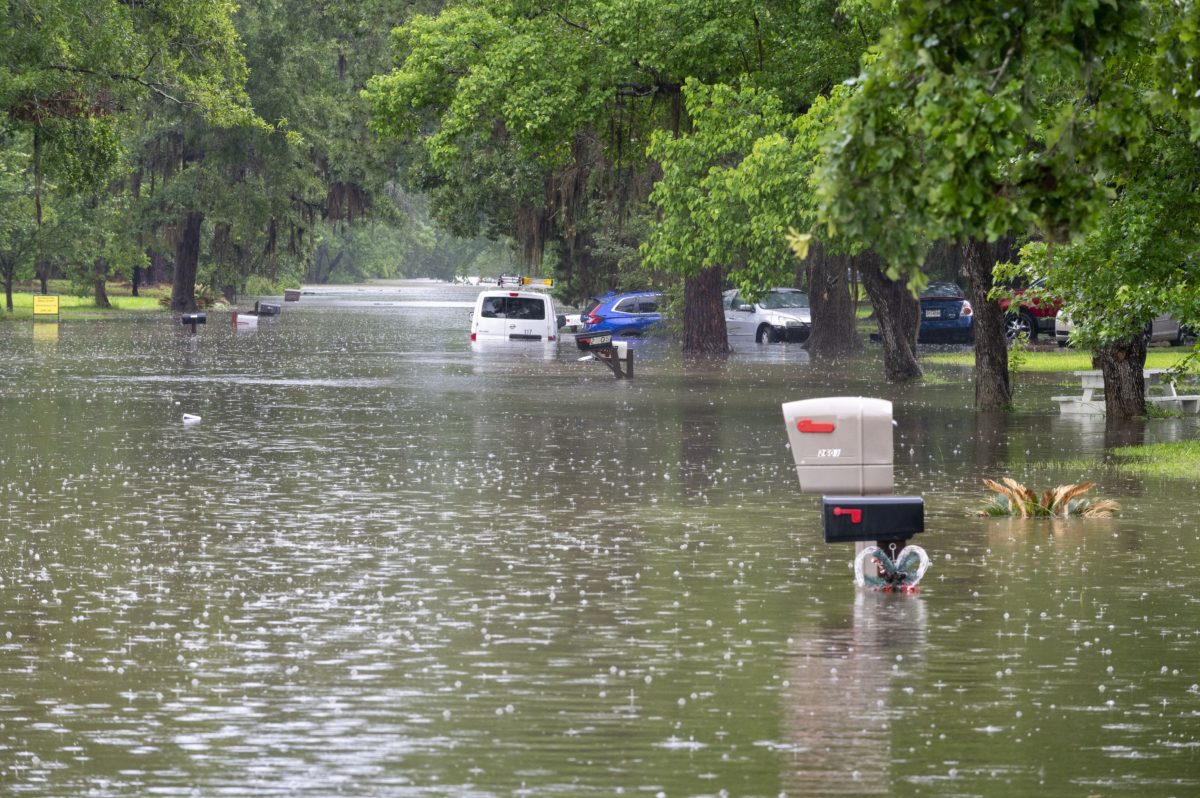
Don’t let water damage and potential mold growth stress you out. Reach out to PuroClean of Rockwall today at (972) 961-4333 for a free consultation. We will guide you through the restoration process, ensuring your property is restored quickly, safely, and efficiently.
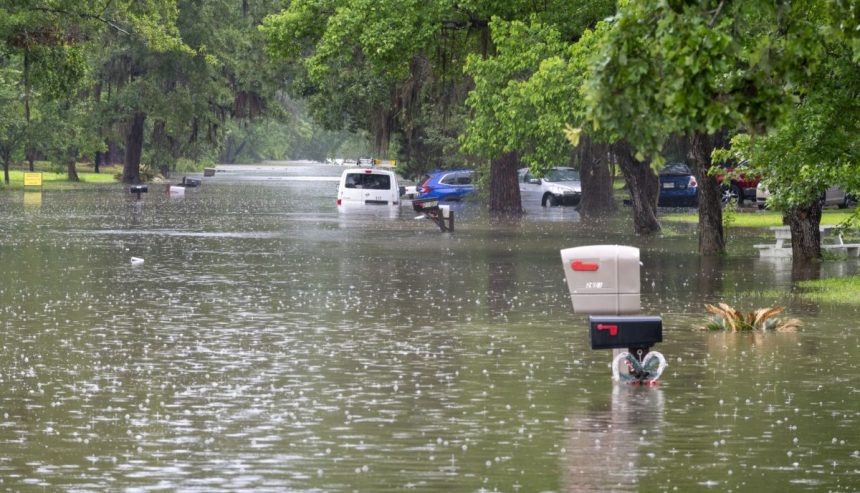
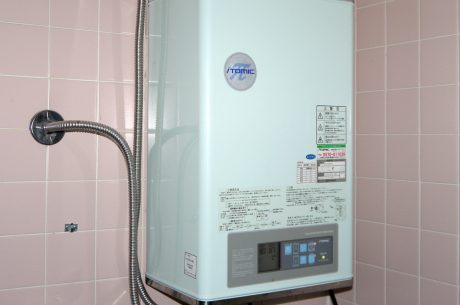
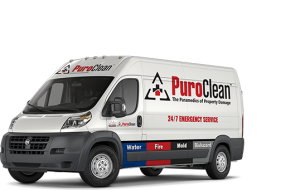
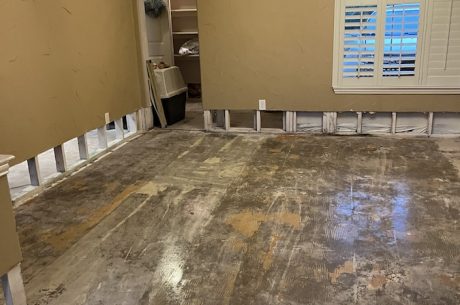
 PuroClean of Rockwall
PuroClean of Rockwall